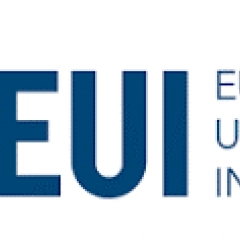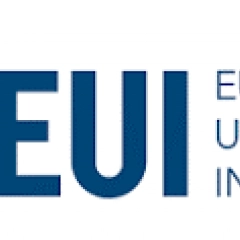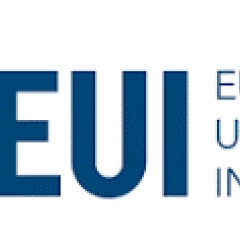Learning corner
EU Cross-Border Mediation in Civil, Commercial, and Family Matters
Mediation plays a key role in judicial cooperation within the European Union, particularly in resolving civil (including family) and commercial disputes efficiently, amicably, and cost-effectively. The EU has introduced several legislative and practical measures to promote mediation, recognising its potential to reduce litigation, save time, and foster mutually acceptable outcomes.
At the heart of this framework is the Mediation Directive (2008/52/EC), which applies to cross-border disputes in civil and commercial matters. It encourages mediation use, supports the enforceability of agreements, and ensures key safeguards, including confidentiality and the suspension of limitation periods. The ADR Directive (2013/11/EU) complements this framework, particularly in consumer disputes, and aligns with the EU’s broader judicial cooperation goals.
This course offers a comprehensive overview of EU legal and policy frameworks governing mediation, including recent developments, national implementation, and cross-border challenges.
Participants will examine how mediation operates across key sectors:
- Family law, where it supports non-adversarial solutions in matters such as custody and parental responsibility, with reference to the Brussels II-ter Regulation and the Maintenance Regulation.
- Commercial disputes, where mediation provides flexible, interest-based solutions and is increasingly supported by ADR centres and business institutions.
The programme also explores judicial cooperation tools that encourage mediation – such as the European e-Justice Portal and court-annexed mediation – and reflects on current EU policy initiatives and technological innovations, including the growing use of digital platforms and AI tools in mediation practice.
You will learn about:
- The legal foundations and scope of the Mediation Directive (2008/52/EC) and its relationship with the ADR Directive (2013/11/EU)
- Practical enforcement of mediated agreements across Member States
- Best practices in family and commercial mediation, including cross-border cases
- Judicial cooperation tools that promote mediation in civil and family law
- The impact of digitalisation, online platforms, and AI on mediation practice
The course combines expert-led presentations, practical case studies, and interactive group discussions. It emphasises comparative analysis and real-world examples to deepen participants’ understanding of how EU mediation law functions in practice. Each session includes Q&A time and encourages experience-sharing among participants.
Interactive components include:
- Case-based discussions
- Peer-to-peer exchange on implementation challenges






